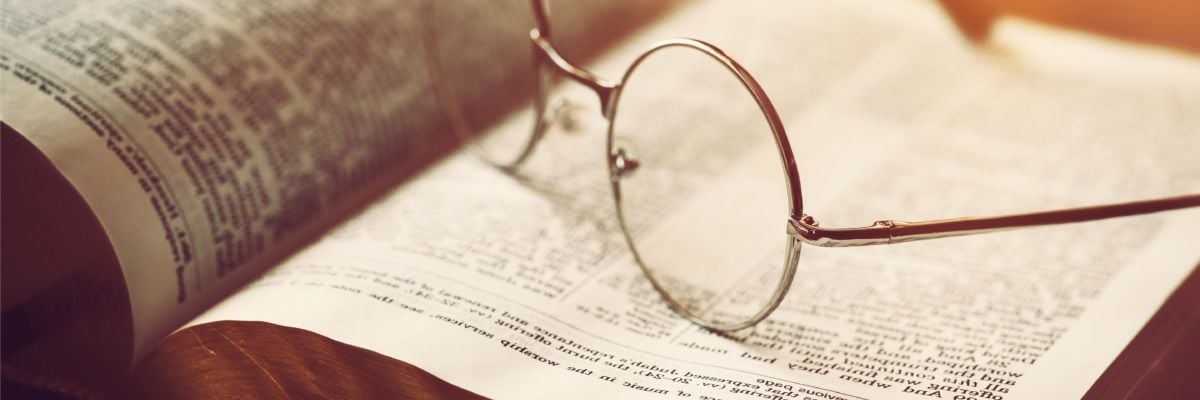
DAY 273
CHALLENGE
“Why should we think the deuterocanonicals are Scripture?”
DEFENSE
Multiple lines of evidence support this conclusion.
The deuterocanonicals are seven books (Tobit, Judith, Baruch, Sirach, Wisdom, 1–2 Maccabees) and parts of two others (Daniel, Esther) considered canonical in the Catholic Church and many Eastern Orthodox and other Eastern Christian Churches but not in the Protestant community.
They were included in the canonical tradition represented by the Septuagint, the major Greek translation of the Old Testament. Where the Septuagint was translated is unclear. The traditional account links it to Alexandria; another possibility is Palestine, “because only a Pal- estinian origin could have generated sufficient prestige for the new translation” (Yale Anchor Bible Dictionary, s.v., “Septuagint”).
It was so prestigious that it was the version of the Old Testament overwhelmingly quoted by the authors of the New Testament. Although they could have translated from Hebrew or Aramaic versions, they used the Septuagint. According to figures provided by Gleason Archer and G.C. Chirichigno, there are 340 times when the New Testament authors appear to quote from the Septuagint, but only thirty- three times they clearly translate from the Hebrew text (Old Testament Quotations in the New Testament: A Complete Survey, xxv–xxviii).
The New Testament authors overwhelmingly used the Septuagint, which contained the deuterocanonicals. They also alluded to these books (see Day 305), and they never warned their audience against the deuterocanonical books. Consequently, it was natural for the first Christians to regard them as Scripture.
Protestant Church historian J.N.D. Kelly writes that, although some early writers had different views on these books, “for the great majority, however, the deuterocanonical writings ranked as Scripture in the fullest sense” (Early Christian Doctrines, 5th ed., 55). We thus find the use of the deuterocanonicals widely attested among the Fathers.
The reception of these books as canonical was affirmed at various councils, including Rome (382), Hippo (393), the Council of Carthage of 397, and the Council of Carthage of 419. These were lo- cal councils, but the canonicity of the books was also affirmed at the ecumenical council of Florence (1442) and infallibly defined at the Council of Trent (1546).
The canonicity of the deuterocanonicals is thus supported by Scripture, Tradition, and the Magisterium.



